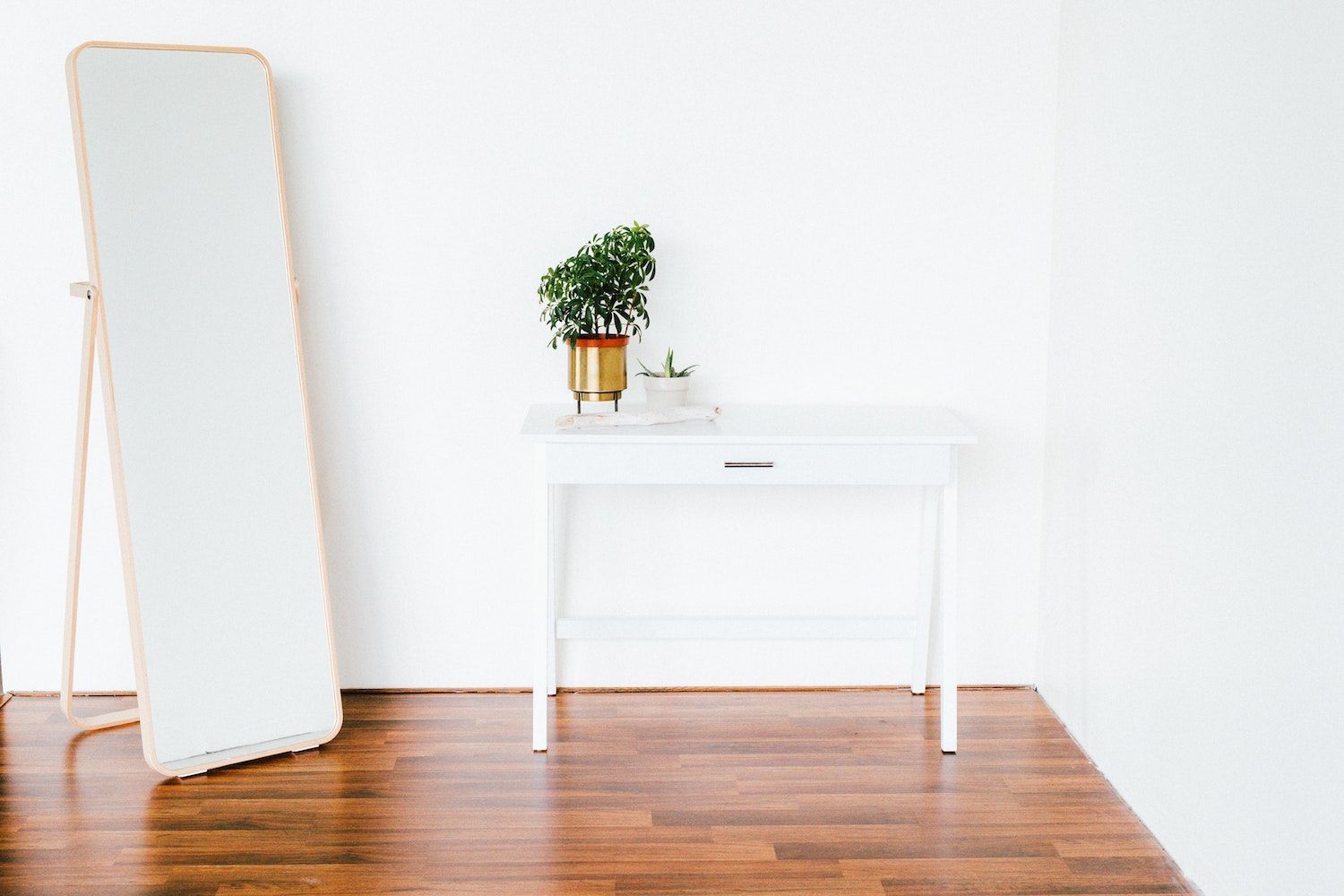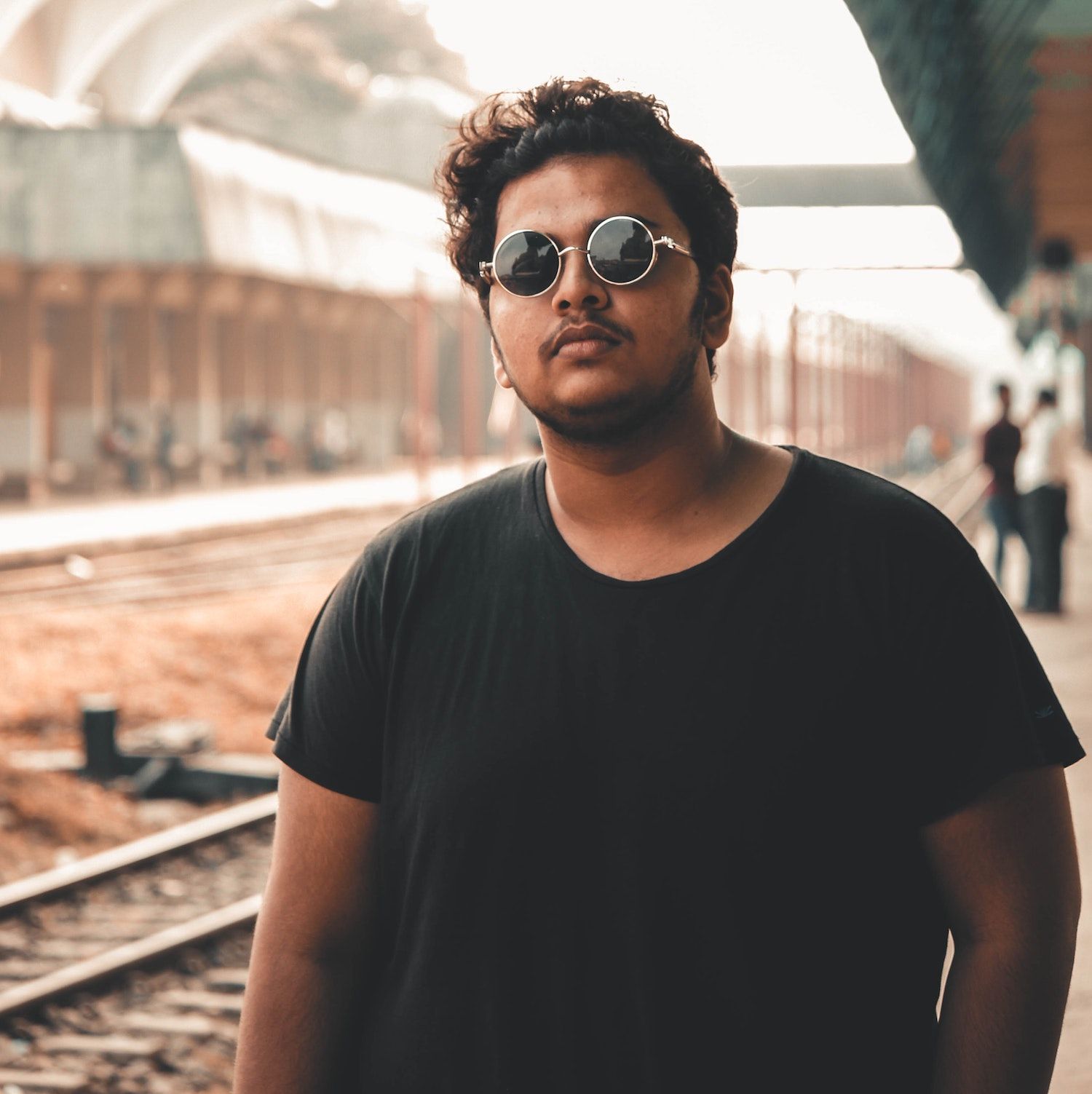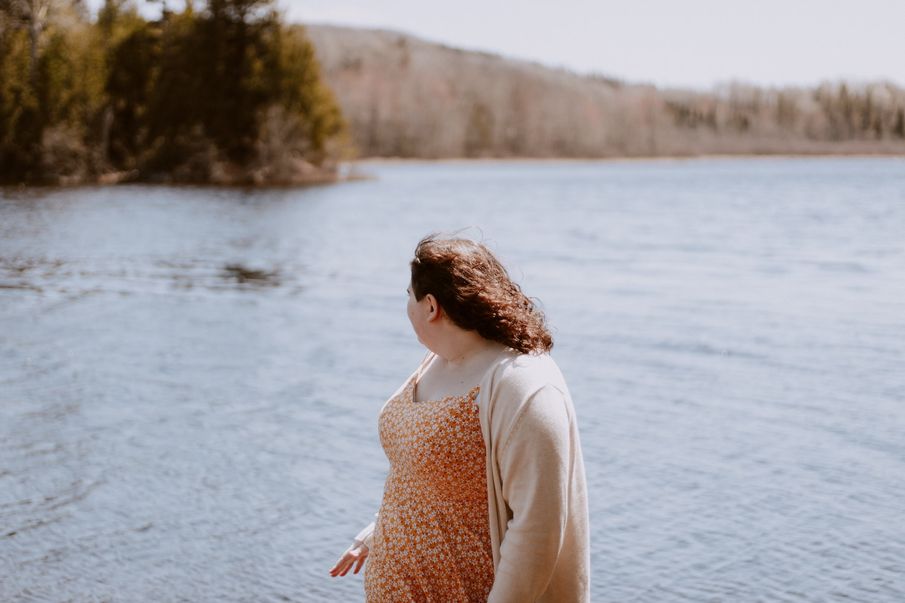How is your relationship with your body right now? Here we explore some terms to help you put language to your feelings and what you personally want to aim for
Our relationships with our bodies are usually… complicated and, for many of us, the pandemic has only further complicated matters. As our lifestyles changed, some of our bodies changed and some reached for unhealthy coping mechanisms. As we’re slowly starting to see people again and unhelpful marketing campaigns are shouting about losing lockdown weight gain, body image issues may be rising to the surface.
I thought I’d had my fill of body image issues after experiencing an eating disorder in my younger years. Throughout my recovery, I made peace with my body and after a whole lot of unlearning, I came to (dare I say it) love it.
But then lockdown happened and the change in lifestyle also changed my body. At the time, I felt totally fine about it but, when social invites came up, I started worrying about others noticing this change. This revealed to me that, yes, even after all the work I’ve put in, I do still have work to do.
Something that’s helped me throughout my twisty turny journey is being able to put the right language to my body image goals. There are a lot of phrases and terms being thrown around these days, including some that have been twisted over time, so it’s not surprising that we can feel confused.
Here, we want to lay out some terms and what they mean so you can decipher which is the right goal for you.
Body neutrality
This is all about feeling neutral about your body. It’s about not spending time and energy hating yourself but not forcing yourself to feel ‘good’ about your body either. This approach can be the first step on a journey to having a positive body image, but it can also be a final destination to aim for. For anyone with chronic health conditions, disabilities, body dysmorphia and/or a history of disordered eating the idea of loving your body can feel unattainable.
Brand and social strategist for Happiful, Becky Wright explains why body neutrality is her aim and how counselling has helped her during the pandemic.
“I have a history of body image, food and exercise issues; I've experienced exercise addiction and orthorexia, but I've never had a formal eating disorder diagnosis. In the past, I'd never felt 'worthy enough' of seeking professional support - perhaps because I'd never received a diagnosis, or perhaps because I didn't want to admit that my diet culture behaviours were really a problem.
“I've done a lot of learning and healing work on my own over the last couple of years, but I found the pandemic particularly difficult. Like many people, lockdowns took their toll on my mental health and I was starting to reach for old destructive habits in a bid to regain a sense of control. This is when I decided to reach out to a counsellor to get some support. I was a little hesitant about starting online therapy for the first time, but I thought I owed it to myself to try.
“My counsellor is an integrative psychotherapist who combines various therapeutic approaches and, for me, that really appealed. I wanted to look back to gain some clarity on what had caused my body image-related issues, and look forward to work through some actionable strategies that could help me challenge my thoughts and behaviour.”
Becky says the therapy has helped her come to terms with the fact that she may always have body image issues, and that’s OK.

“I think I've always lived in hope that one day I'll love the way I look, but body confidence isn't necessarily achievable for everyone.
“More importantly, what I've come to appreciate is that there are steps that I can take to limit the impact that diet culture has on me, and to limit the amount of time I spend thinking about my body. For me, a more accepting or neutral frame of mind is all I want to aim for.”
While she admits she still has work to do once her sessions are over, Becky describes counselling as ‘a welcome hand to hold during a particularly difficult time’ and recommends anyone seeking therapy for body image concerns to look for a HAES (Health at Every Size)-aligned professional or someone that provides support with intuitive eating.
Body acceptance
Edging ever so slightly closer to the other end of the spectrum, body acceptance is about respecting your body and accepting it as it is. The goal here is to shift your thinking about your body from a negative and critical way to a grateful and accepting way.
Another term you might want to research here is ‘radical acceptance’. Described as a distress tolerance skill, radical acceptance aims to stop ‘pain’ from turning into ‘suffering’. It does this by encouraging you to accept your reality without trying to change it. When we’re able to radically accept what’s out of our control we can prevent ourselves from being stuck in suffering.
If body acceptance is what you’re aiming for, here are some tips to get you started:
- Start a gratitude practice around your body, focus on what it can do rather than how it looks.
- Add body-focused self-care into your routine. This could involve anything from regular massages and long baths to moving your body in a way that feels good.
- Try affirmations if that feels good to you, choose a phrase that focuses on body acceptance (for example, “I accept my body as it is”).
- Try self-compassion meditation. The more compassionate we can be to ourselves, the more likely it is that this will extend to our bodies.
Body confidence
When we feel good and happy with our bodies, we feel body confident. So this is taking things further and genuinely feeling pride and love for our bodies. It is very much personal as it’s about you and your body. For some, this comes naturally but, for others, it can be a struggle.
What can make the journey to body confidence difficult is the societal messaging we’re confronted with that upholds unrealistic beauty expectations. There are still perceived notions of what makes a person beautiful and, usually, this involves how a body ‘should’ look. This can make it difficult for anyone who doesn’t fit the mould to feel good about their body and this is where the unlearning comes in.
To feel confident about our body we have to understand that every type of body is beautiful. It can be helpful to read up on diet culture and learn more about the damage it causes. You might also want to research our final term in the list… body positivity.

Body positivity
You might think this term is about feeling ‘positive’ about your body, right? Well, not technically. This is what a lot of people use the term to mean, conflating it with body confidence, but body positivity is actually a political movement that has roots in the fat acceptance movement of the late 60s.
So, this isn’t about feeling positive about your own body, it’s about acknowledging that all bodies are worthy of respect and inclusion. It’s about rejecting diet culture and societal messaging, and liberating and fighting for the rights of marginalised bodies.
Fat, queer, disabled, trans and Black bodies are often the most marginalised and, yet, as the term body positivity has gained popularity, these bodies are continuing to be left out of the conversation. Some are choosing to dismiss the body positivity community entirely as its message has been diluted.
In order to be body positive, it’s important to realise it isn’t just about you and your body. Of course, having body confidence is great, but body positivity is bigger than your personal journey. It’s about challenging the way society views bodies and promoting the acceptance of marginalised bodies.
Wherever you are in your body image journey, know that you’re not alone and that the route isn’t always linear. These terms aren’t always fixed destinations where you can set up camp and stay forever. Life can throw us curveballs *cough* pandemic *cough* which can push us back, and that’s OK. The important thing is having awareness and reaching for support to guide you forwards when you need it.
If you think counselling could be a helpful guide, you can search for a counsellor on Counselling Directory.


Comments